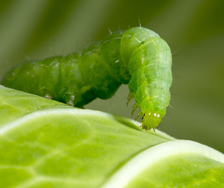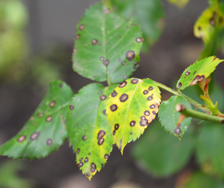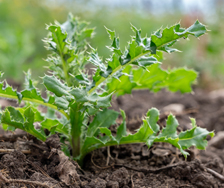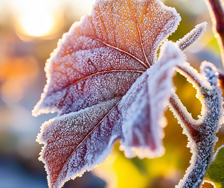Yates Account
Join now
Create a Yates account today!
Sign up to join the Yates Garden Club for monthly e-mails packed with seasonal inspiration, tips for success & exclusive promotions.
Plus if you’re a Garden Club member you can take part in the Yates Growing Community - a blog to share successes, get advice & win prizes in fun challenges along the way!

Forgot password
Enter the email address associated with your account, and we'll email you a new password.
Winter can be hard on plants, especially in cold areas. Even in the warmer regions, plants can find the winter months tough going. Growth slows right down and problems become more evident when plants are in a cold-weakened state.

There are lots of methods to help your garden cope with the coldest temperatures, so here’s a timely checklist for preparing your garden for winter:
-
Move potted tropical plants and other warmth lovers into more protected spots – perhaps onto a verandah or porch. If cold-sensitive plants are growing in the garden or are too heavy to move, cover them with a frost blanket and remove the next morning.
-
Reduce watering of potted plants. They require much less water when the weather’s cooler. Take the chill off tap water by mixing in a small amount of hot water. It shouldn’t feel warm – just slightly tepid to the touch. This means it won’t shock the roots so much.
- Protect small seedlings on frosty nights by creating cloches out of plastic soft drink bottles that have been cut in half.
- Keep garden soil moist, as moist soil absorbs and stores heat better during the day. Dry soil can exacerbate frost damage.
- Don’t prune off any frost-damaged foliage until the risk of frost has passed, as it can encourage vulnerable shoots of new growth. Also, the damaged foliage can help protect healthy growth underneath.
- Prepare planting holes for new roses and fruit trees by digging compost, well-aged manure and Yates Dynamic Lifter Organic Plant Food into the soil.

-
Cover sensitive plants with frost or shade cloth. You can construct a temporary cloth cloche with a frame to hold the cloth up, to make a protective tent over your plants. Make sure that the cloth reaches to the ground around all the edges. Bricks or pavers are a handy way to weigh down the edges of the cloth on the ground. Make sure the cloth isn't directly touching your plants, there needs to be space between them.
-
If the soil has any drainage problems, winter is the season when they’ll expose themselves. Use a garden fork to push vertical holes into heavy soils. Create surface drains to carry away excess moisture. Apply gypsum to clay where possible. Gypsum has a miraculous effect on most clay soils; it binds particles together, allowing air to get into the spaces between the particles and helping excess water to drain away.
-
Deep layers of mulch on the soil can keep it cold and damp right through winter. It can be a good idea to remove some of the thickness of mulch, so that the sun can penetrate to warm up the soil.
-
Fortunately, in our climate, winter doesn’t have to be bereft of colour. You can choose plenty of suitable varieties for planting now. Polyanthus, for example, are some of the prettiest winter-flowering plants. They bloom in a wide range of colours – blues, pinks, yellows, cream and white – often with a contrasting central eye. They’ll grow in light shade or full sun and, if the following summer doesn’t get too hot, they’ll produce an encore performance next year.
-
Feed plants with high-potash Yates Thrive Natural Fish & Seaweed+ Plant Food Concentrate to build up their strength before winter.















Share
Share this article on social media